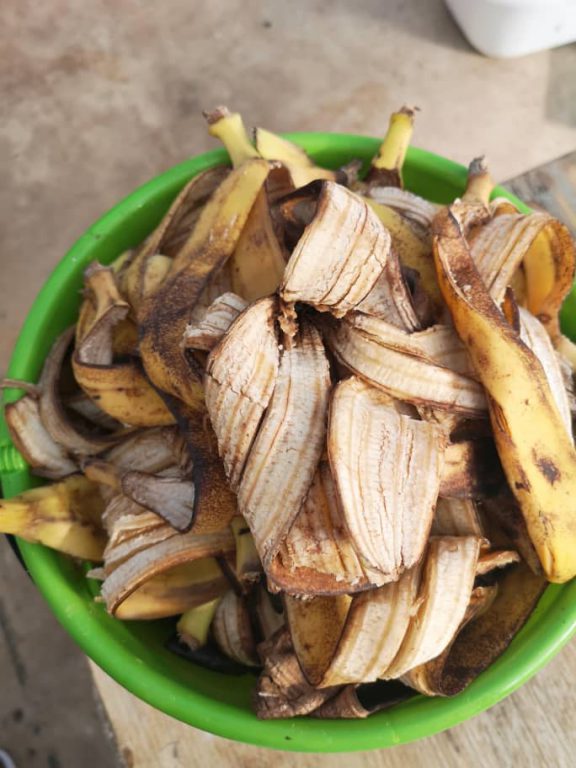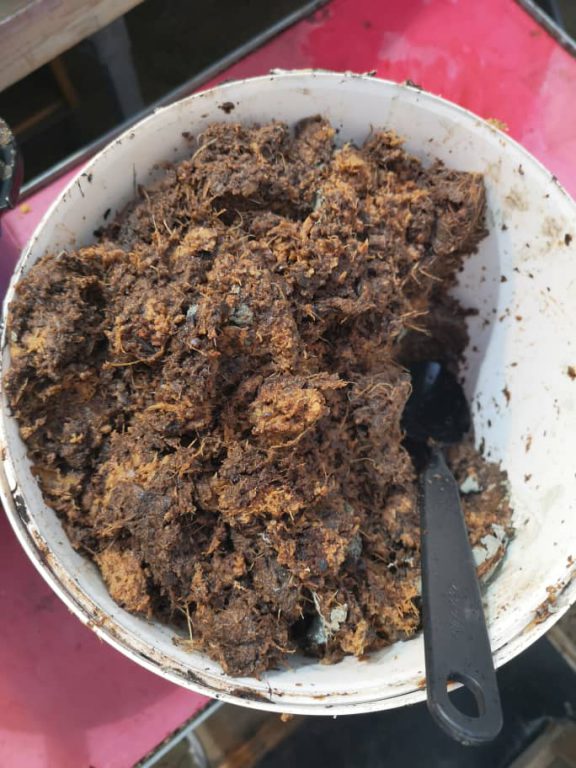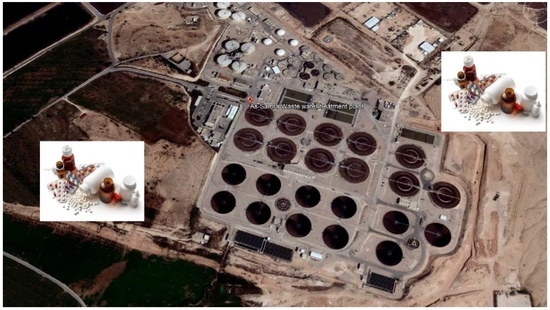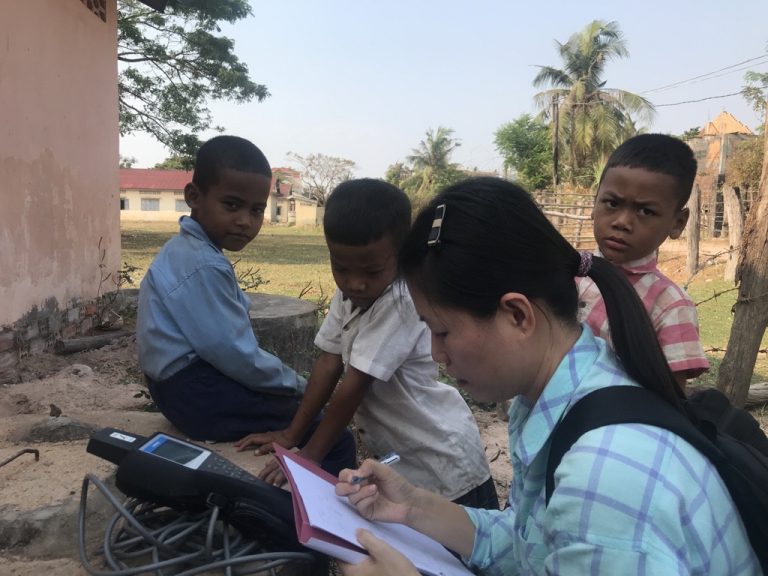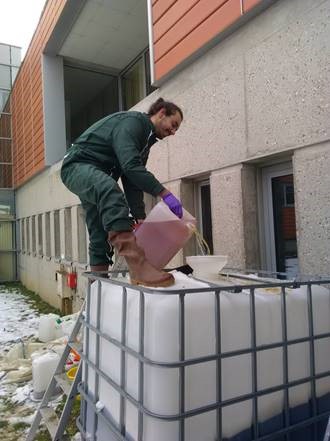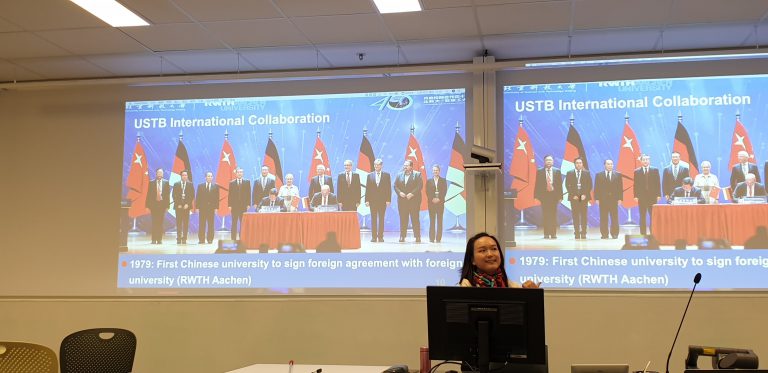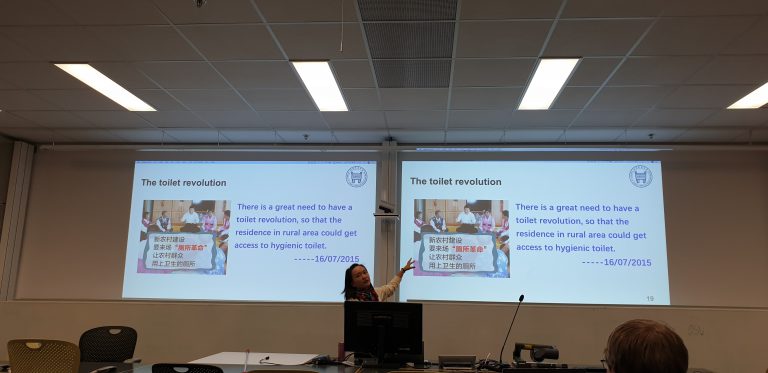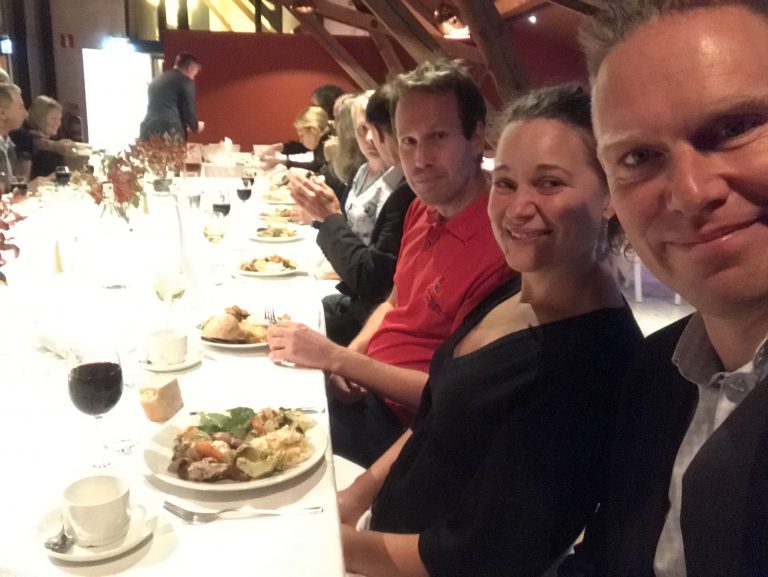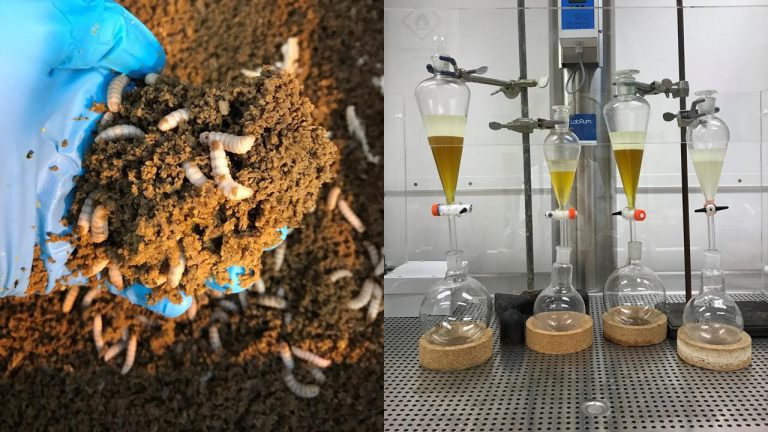
How does the fat content and composition in the larvae of the black solider fly (Hermetia illucens) change with the diet provided to them? In our latest article published in Waste Management, Nils Ewald and co-authors brings new knowledge on this topic. The study is based on eleven feeding trials were the larvae were fed diets based on mussels, fish, bread and food waste. The larval fat was found to contain mainly saturated fatty acids, especially lauric acid, but was also affected by the weight of the larvae and the diet. For example, the larvae fed with mussels and fish contained EPA and DHA – Omega- 3 fatty acids that are valuable for aquaculture. However, the levels of these fatty acids were found to be too low to replace fish oil in fish feed but could potentially be used for replacing the vegetable oil fraction. Other possible applications of the larval fat could be in the production of food or fuel.


